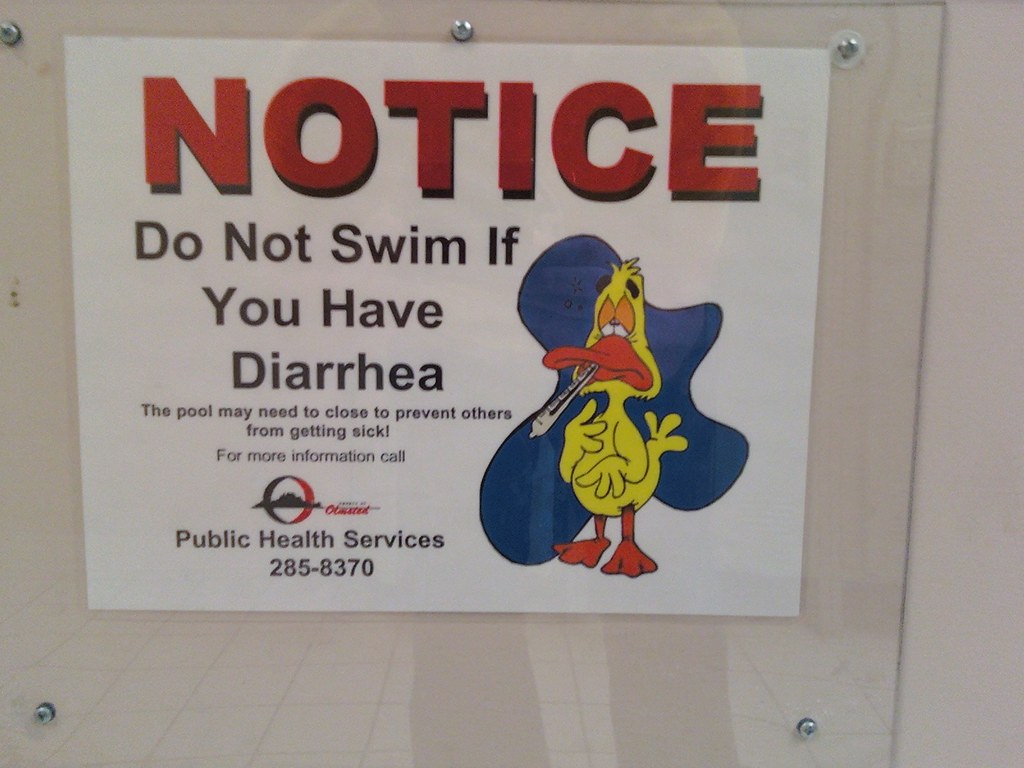
Nasal Breathing and Dry Throat: Causes and Relief
Nasal breathing is considered the ideal respiration method for good health. However, some find they experience an irritated, dry throat even with dedicated nasal breathing. What factors can cause this seemingly counterintuitive symptom? This article explores reasons for a dry throat despite nasal breathing and provides tips for relief.
Nasal Breathing Should Humidify Inhaled Air
One of the prime functions of nasal breathing is to warm and humidify incoming air before it travels to the throat and lungs. As air passes through the nasal turbinates, moisture gets added to prevent the airway linings from drying out.
This process of humidifying air through the nose should theoretically prevent or minimize throat dryness. So nasal breathing on its own does not normally cause a dry throat. When nasal breathing coexists with throat dryness, other influencing elements are typically present.
Common Culprits for Dry Throat With Nasal Breathing
If nasal breathing adds moisture, what other factors can dry out the throat? Here are some potential causes to consider:
- Mouth falling open during sleep – Even if breathing through the nose, an open mouth during sleep facilitates air escape and evaporation from throat tissues.
- Medications – Antihistamines, decongestants, and certain antidepressants reduce nasal secretions and moisture.
- Environmental conditions – Dry air, wind, cold weather, dust, pollution, or chemicals can all irritate and dehydrate throat tissues.
- Dehydration – Inadequate fluid intake leads to dry nasal passages and throat.
- Anxiety or stress – Stress responses may give a perception of increased throat dryness.
- Allergies or chronic sinusitis – Inflammation causes post-nasal drip from the nose into the throat.
- Hormonal changes – Shifting estrogen levels during menopause or menstruation alters mucus membranes.
- Autoimmune disorders – Conditions like Sjögren’s Syndrome reduce moisture production.
Tips to Relieve a Dry Throat While Nasal Breathing
If nasal breathing co-occurs with a dry throat, these remedies can provide some relief:
- Drink plenty of water and stay well hydrated.
- Use a humidifier at night during sleep.
- Rinse sinuses with saline spray or irrigation.
- Suck on lozenges to coat and moisturize the throat.
- Use throat sprays or gargle with salt water.
- Avoid irritants like smoke or heavily scented products.
- Take anti-inflammatory medication to reduce swelling of mucus membranes.
- Install air filters and purifiers to filter allergens and dust.
- Consult a doctor to adjust any drying medications if possible.
- Address underlying causes like autoimmune disorders, sinus infections, or reflux.
When to See a Doctor
Occasional throat dryness can be managed with self-care remedies and lifestyle adjustments. But if you experience a persistently dry throat despite dedicated nasal breathing, consult an ENT doctor or allergist.
Chronic dry throat could indicate issues like:
- Chronic sinusitis
- Environmental allergies
- Hormonal shifts
- Autoimmune conditions
- Obstructive sleep apnea
- Gastroesophageal reflux
Proper diagnosis and treatment of any underlying condition contributing to throat dryness is key.
Q&A About Nasal Breathing and Dry Throat
Q: Why might nasal breathing cause a dry throat?
A: Nasal breathing itself doesn’t cause a dry throat. But mouth breathing during sleep, medications, allergies or illness can be contributing factors.
Q: What are some remedies for a dry throat with nasal breathing?
A: Drink more water, use a humidifier, rinse with saline spray, suck on lozenges, avoid irritants.
Q: Could a chronically dry throat indicate a medical problem?
A: Yes, an ongoing dry throat can be a symptom of issues like chronic sinusitis, sleep apnea, reflux, or autoimmune disorders. See a doctor.
Q: Does nasal breathing lose its humidifying effects at night?
A: If mouth falls open at night, air will escape throat and dry it out even with nasal inhalation.
Q: Should I switch to mouth breathing if nasal breathing dries my throat?
A: No, focus on addressing the root causes of dryness through lifestyle changes, hydration, humidification, and medical treatment.
Conclusion
While nasal breathing humidifies incoming air, other factors like open-mouth sleeping, medications, and illness can still produce a dry irritated throat. Identifying and addressing the source of dryness provides the best relief while maintaining the many benefits of proper nasal breathing.




